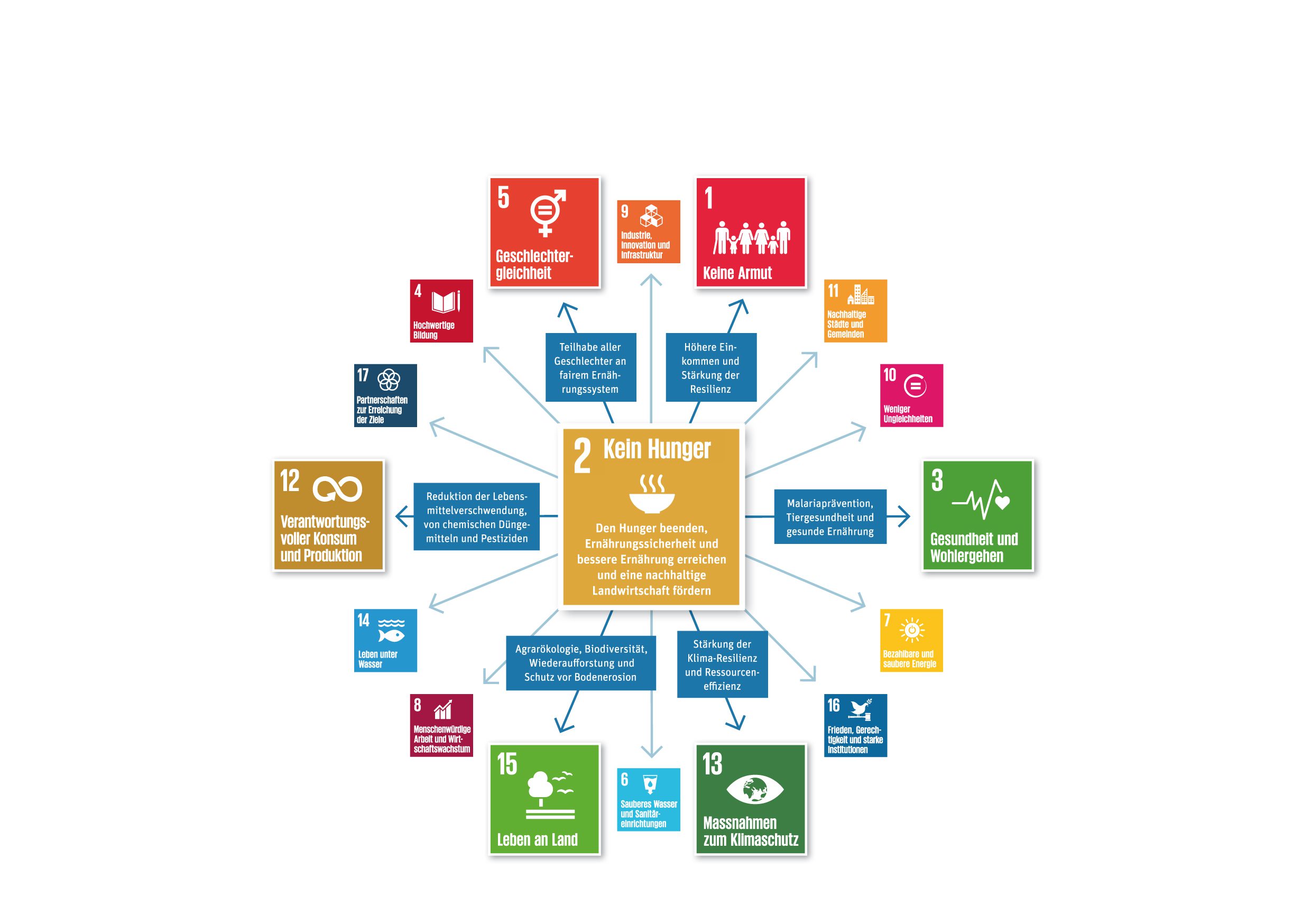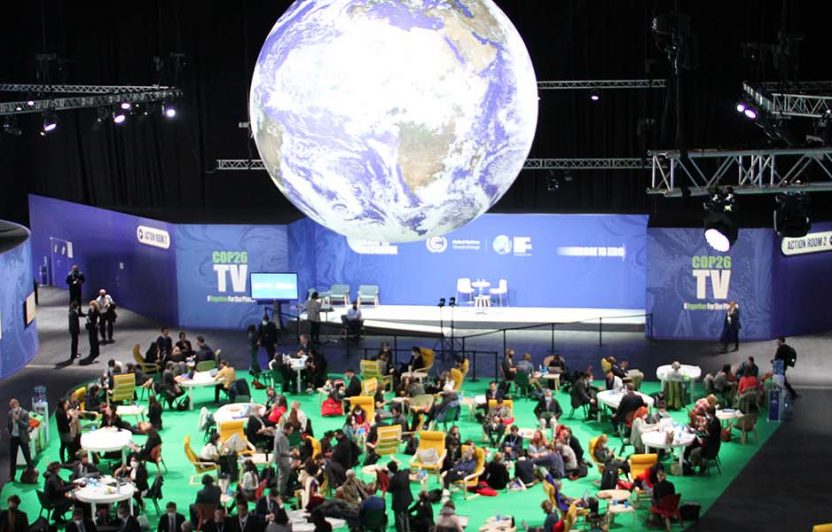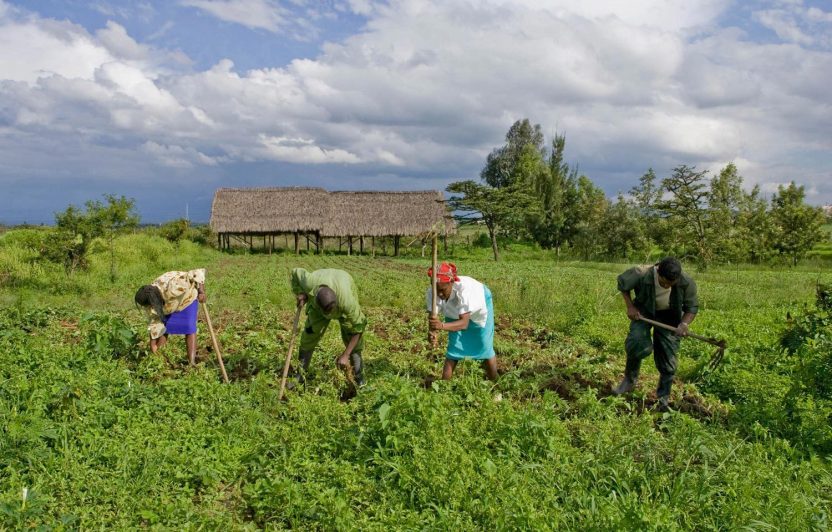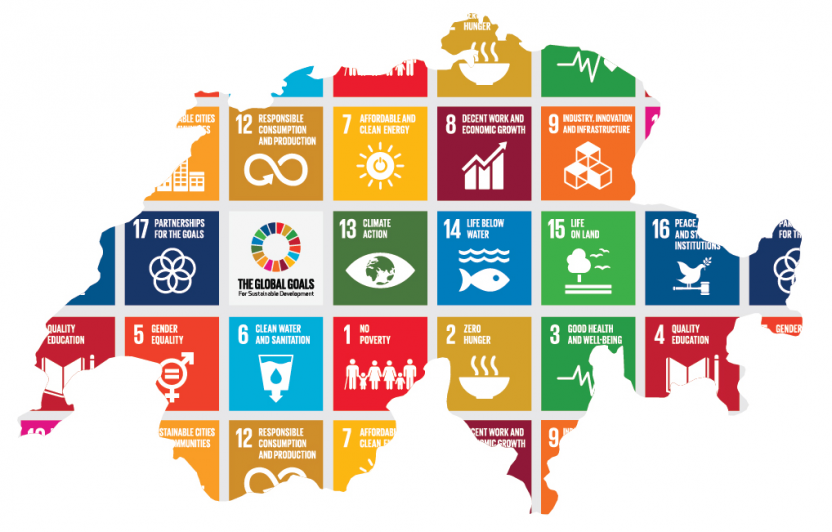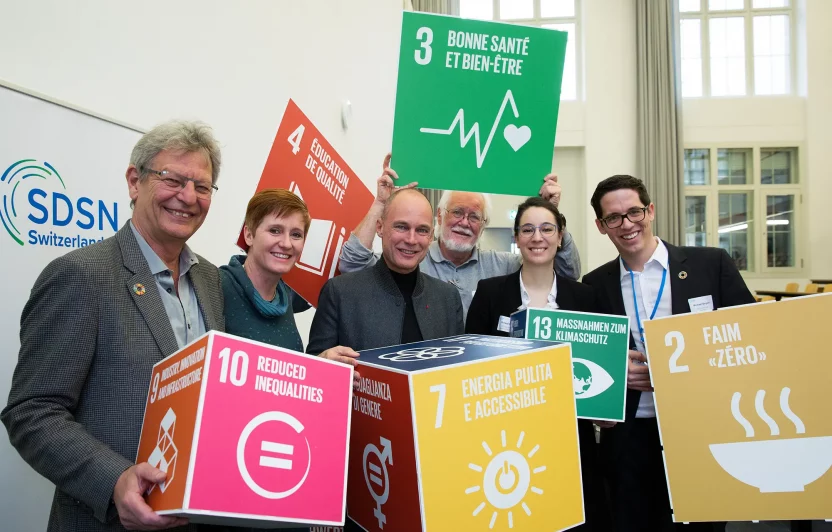In recent years, Biovision has advocated Changing Course in Global Agriculture – with success. In September 2015, the 17 Sustainable Development Goals (SDGs) were agreed at the Sustainable Development Summit in New York. In contrast to the Millennium Development Goals, these new goals apply for the first time to industrialised as well as developing and emerging countries. Agenda 2030 also aims to fight root causes rather than just symptoms. It is an agenda that forces us to break out of our silo mentality.
How Biovision contributes to the agenda 2030.
Biovision was involved in all the main milestones, such as the Addis Abeba Action Agenda to agree the funding and implementation issues associated with the Agenda 2030 as well as the climate change negotiations in Paris. Biovision was similarly present at the negotiations for Agenda 2030 for Sustainable Development where it campaigned in particular for SDG 2 “End hunger, achieve food security and improved nutrition and promote sustainable agriculture”.
Biovision has used strategic alliances and platforms, e.g. CFS, the Committee on World Food Security in Rome and its position as a stakeholder in 10YFP, the UN Programme for Sustainable Food Systems, to strengthen its position as a “pioneer for change” and so contribute to the implementation of Agenda 2030 internationally.
At the national level, Biovision and the Millennium Institute are supporting the governments of Ethiopia, Kenya and Senegal with the planning of sustainable agricultural strategies, including in the context of SDG2 implementation.
6 SDG in focus
Biovision’s top priority is to contribute to achieving the UN global sustainability goals of Agenda 2030. Our focus lies on creating enough healthy food (goal 2).
